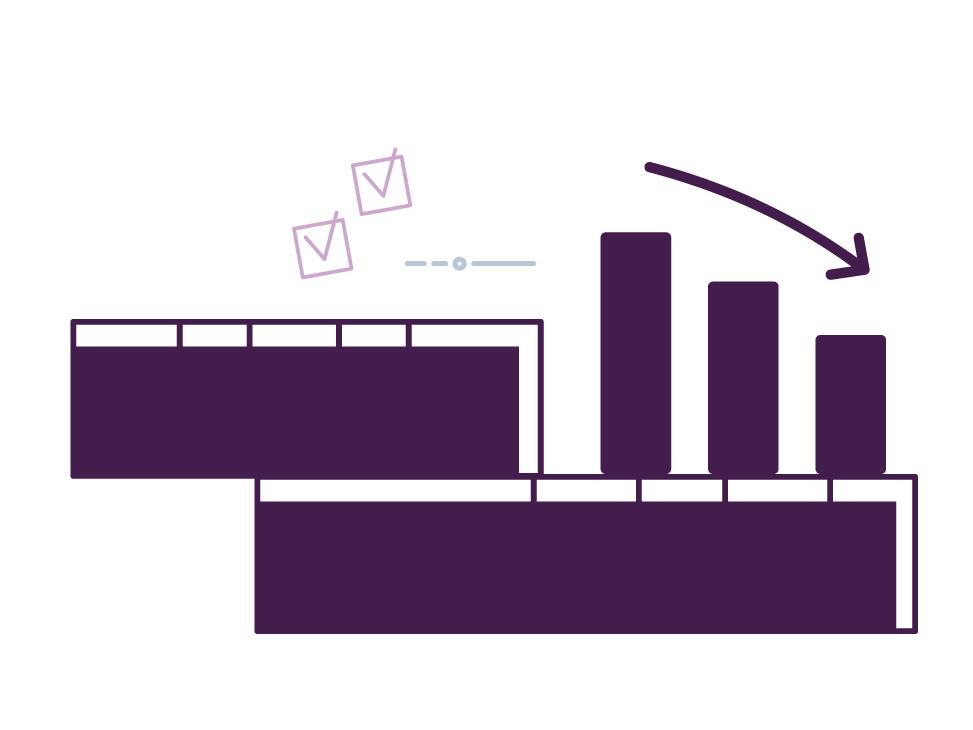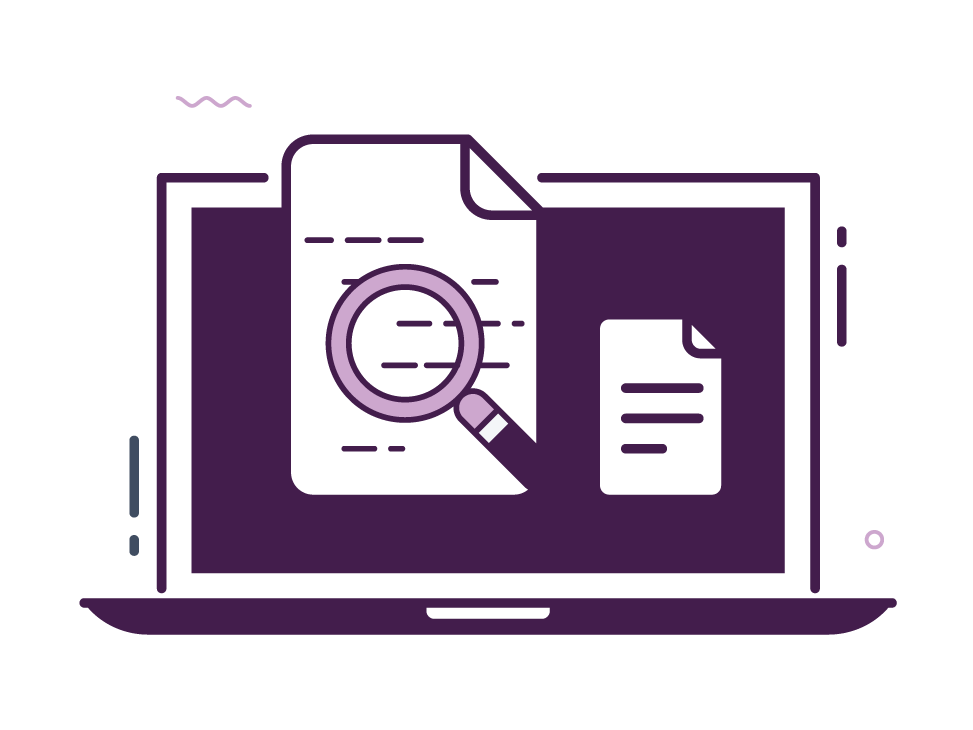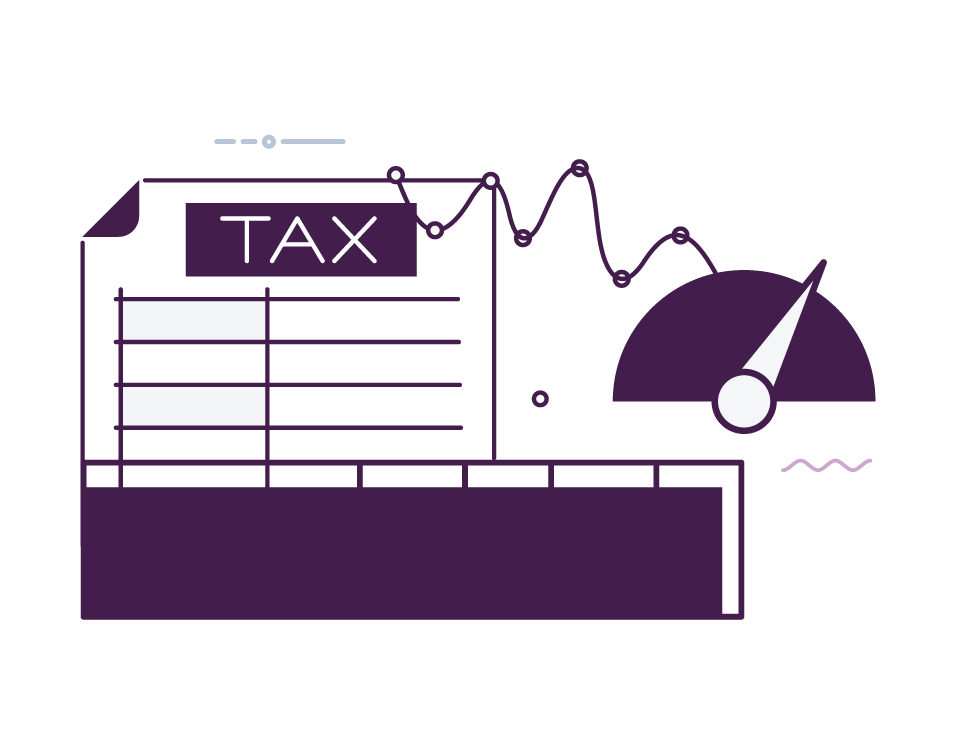Overview
Free Ports are one of the critical flagship policies launched by UK Government from Brexit in order to simplify and reduce charges during the process of importing goods into certain locations.
They offer businesses within specific geographic areas several benefits, including tax breaks and customs simplifications. This is done to boost import of goods into certain location and encourage the construction of trade routes while boosting both national and regional economies. By making use of a free port your business can save on import VAT and tariffs, find out how you can do so with the help of Barbourne Brook below.
Free Ports
From a customs perspective, freeports enable businesses to import goods into these specified areas to process or store them without customs duty. If you then export the goods, they are never subject to customs duty making them a popular location to facilitate the import of larger quantities of goods.
Freeports also tariff inversion. Tariff inversion allows a business to apply the duty rate applicable to the processed product rather than the tariff rate of the imports, where the processed product rate is lower ensuring that you’re saving capital regardless of the size of your import. Customs tariffs are structured so that raw materials attract lower duty rates than semi-processed items, which attracts a lower rate than finished products. Customs Tariffs encourage local production and defend domestic industries. There are numerous exceptions to the general tariff escalation rule, where the processed item attracts a lower tariff. For example, furniture parts are dutiable, but most furniture is duty-free so that that tariff inversion could result in customs savings for furniture makers.
Free ports also support simplified customs procedures, a more automated way of creating customs declarations that lower customs declaration costs.

Virtual Free Ports
A company can create a virtual free port anywhere in the UK using a collection of customs regimes allowed under existing customs regulations. Our specialist team at Barbourne Brook can help you find a way to do so.
Customs Warehousing enables storage of goods and subsequent export without incurring customs duty.
Inward Processing allows further working of the imported goods and also tariff inversion.
Customs Freight Simplified Procedures (CFSP) provides automated streamlining of customs declarations to lower transaction costs.
By making use of free ports or virtual free ports in tandem with any of these additional customs planning services you can ensure that your business will avoid incurring any additional fees or face a complex import procedure.
Comparative Advantages of Free Ports against Virtual Free Ports
Free Ports |
Virtual Free Ports |
| Specific geographic areas | Set up anywhere in the UK, wherever the business located |
| Costs of set-up taken on by free port operator and spread across the businesses in the free port | Business is responsible for its costs of set up, but owns the regimes. |
| Seamless transfer of goods between businesses in the Free Port, without incurrence of customs duty.
Very useful if your entire UK supply chain locates within the free port |
Transfer is possible between businesses, but each must have the necessary customs regimes and be authorised to transfer goods. |
| Unclear whether manufacturing carried out in a Free Port will count as UK originating for Free Trade Agreement purposes | Inward Processing allows any manufacture to count as UK originating under most Free Trade Agreements |
| Offer non-customs benefits of tax breaks (although currently limited to 5 years) | |
| Capital equipment imported to a Free Port will not incur any customs duty | Capital equipment imported may attract customs duty, depending in the tariff code of the finished plant or components. Several reliefs exist to mitigate this cost. |
How Can Barbourne Brook Help?
By making use of a free port or a virtual free port, your business can save considerable capital through the import of goods, a service that is invaluable regardless of the size or frequency of the imports. At Barbourne Brook we work with our clients to model the comparative benefits of using Free Ports and Virtual Free Ports and testing business cases.
We can then help clients migrate to Free Ports or set up Virtual Free Ports.

Contact Us
How can we help?
We are on-hand to help with all of your customs need. Provide us with some details on your circumstances and one of our friendly experts will be in touch to provide support and advice.
